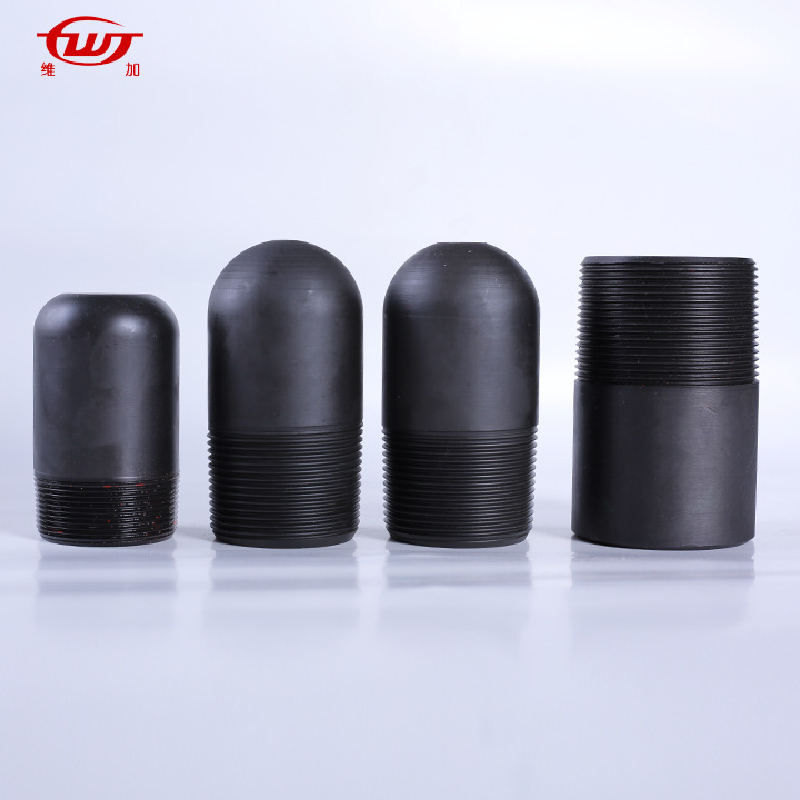- Afrikaans
- Albanian
- Amharic
- Arabic
- Armenian
- Azerbaijani
- Basque
- Belarusian
- Bengali
- Bosnian
- Bulgarian
- Catalan
- Cebuano
- Corsican
- Croatian
- Czech
- Danish
- Dutch
- English
- Esperanto
- Estonian
- Finnish
- French
- Frisian
- Galician
- Georgian
- German
- Greek
- Gujarati
- Haitian Creole
- hausa
- hawaiian
- Hebrew
- Hindi
- Miao
- Hungarian
- Icelandic
- igbo
- Indonesian
- irish
- Italian
- Japanese
- Javanese
- Kannada
- kazakh
- Khmer
- Rwandese
- Korean
- Kurdish
- Kyrgyz
- Lao
- Latin
- Latvian
- Lithuanian
- Luxembourgish
- Macedonian
- Malgashi
- Malay
- Malayalam
- Maltese
- Maori
- Marathi
- Mongolian
- Myanmar
- Nepali
- Norwegian
- Norwegian
- Occitan
- Pashto
- Persian
- Polish
- Portuguese
- Punjabi
- Romanian
- Russian
- Samoan
- Scottish Gaelic
- Serbian
- Sesotho
- Shona
- Sindhi
- Sinhala
- Slovak
- Slovenian
- Somali
- Spanish
- Sundanese
- Swahili
- Swedish
- Tagalog
- Tajik
- Tamil
- Tatar
- Telugu
- Thai
- Turkish
- Turkmen
- Ukrainian
- Urdu
- Uighur
- Uzbek
- Vietnamese
- Welsh
- Bantu
- Yiddish
- Yoruba
- Zulu
Exploring Petroleum Tubing Couplings for Enhanced Oil and Gas Production Efficiency
Understanding Petroleum Tubing Coupling A Comprehensive Overview
In the oil and gas industry, the extraction and transportation of petroleum products rely heavily on a variety of specialized equipment and components. One crucial component in this infrastructure is the petroleum tubing coupling. This article aims to shed light on the significance, types, and applications of petroleum tubing couplings in the industry.
What is a Petroleum Tubing Coupling?
A petroleum tubing coupling is a mechanical device used to connect two sections of tubing in a wellbore. These couplings are vital as they allow for the seamless transmission of fluids, such as oil and gas, from the reservoir to the surface. Tubing couplings are designed to withstand extreme pressures, temperatures, and corrosive environments typically found in oil and gas extraction processes.
Types of Petroleum Tubing Couplings
There are several types of petroleum tubing couplings, each designed for specific applications and environments. The most common types include
1. Slip-On Couplings These couplings slide over the ends of the tubing and are secured using welding or screws. They are easy to install and provide a relatively strong connection but may not be suitable for high-pressure applications.
2. Threaded Couplings These are made with threaded ends that screw together, providing a secure and tight fit. This type of coupling is highly regarded for its ability to handle high-pressure conditions.
3. Welded Couplings These couplings are permanently joined to the tubing through welding. They offer the highest level of strength and integrity, making them ideal for extreme conditions. However, their permanent nature makes them less flexible for repairs and replacements.
4. Flanged Couplings These are equipped with flanges that allow for easy connection and disconnection. They are beneficial in applications where frequent maintenance is necessary.
petroleum tubing coupling

Materials Used in Tubing Couplings
Tubing couplings must be made of durable materials to withstand the harsh conditions of petroleum extraction. Common materials include
- Carbon Steel Widely used due to its strength and cost-effectiveness. - Stainless Steel Offers enhanced corrosion resistance, making it suitable for harsh environments. - Alloy Steel Provides high tensile strength and is often used in high-pressure applications. - Non-Metallic Materials In some cases, non-metallic options such as composites may be used to minimize corrosion.
Applications of Petroleum Tubing Couplings
Petroleum tubing couplings find application in various segments of the oil and gas industry
- Exploration and Production In drilling installations, couplings are essential for connecting drill pipe strings, ensuring that drilling fluid can be efficiently transported back to the surface.
- Pipeline Transport In the transportation of crude oil and natural gas through pipelines, couplings play a critical role in maintaining the continuous flow of products.
- Refining Facilities Various processes in refining operations require the connection of different piping systems where couplings are indispensable.
Conclusion
In summary, petroleum tubing couplings serve as fundamental components in the oil and gas industry, facilitating the efficient extraction, transportation, and processing of petroleum products. Their diverse types and materials cater to various operational needs, ensuring reliability and performance in the field. As technology continues to advance, the design and manufacturing of tubing couplings will evolve, potentially introducing innovations that enhance safety, reduce costs, and improve overall efficiency in petroleum operations. Investing in quality couplings is crucial for any operation looking to maintain high safety and performance standards in the demanding environment of oil and gas extraction. Understanding and selecting the right type of coupling can significantly impact the success and longevity of petroleum operations.
-
Tubing Pup Joints: Essential Components for Oil and Gas OperationsNewsJul.10,2025
-
Pup Joints: Essential Components for Reliable Drilling OperationsNewsJul.10,2025
-
Pipe Couplings: Connecting Your World EfficientlyNewsJul.10,2025
-
Mastering Oilfield Operations with Quality Tubing and CasingNewsJul.10,2025
-
High-Quality Casing Couplings for Every NeedNewsJul.10,2025
-
Boost Your Drilling Efficiency with Premium Crossover Tools & Seating NipplesNewsJul.10,2025







